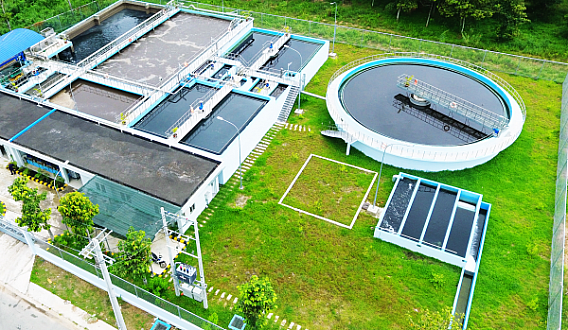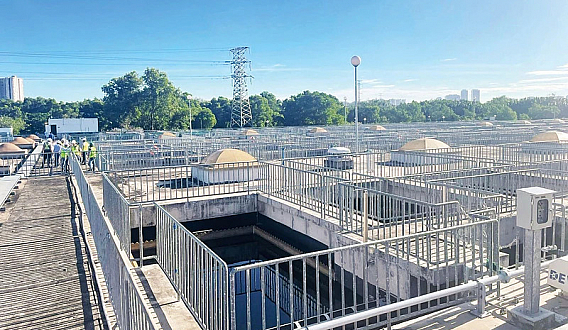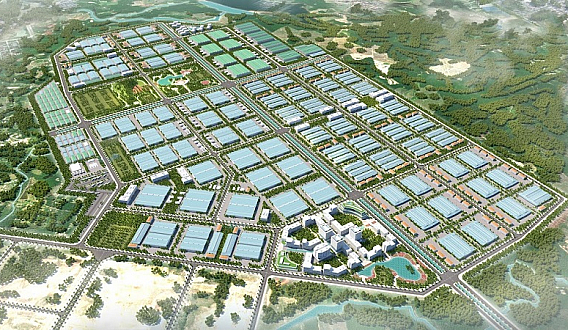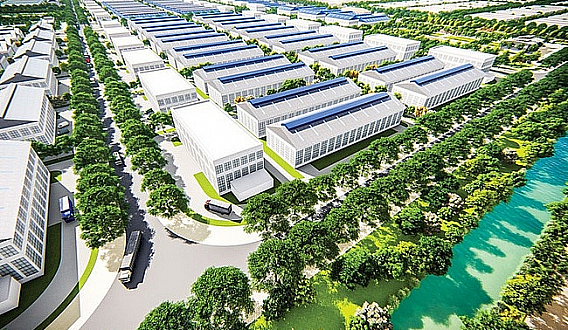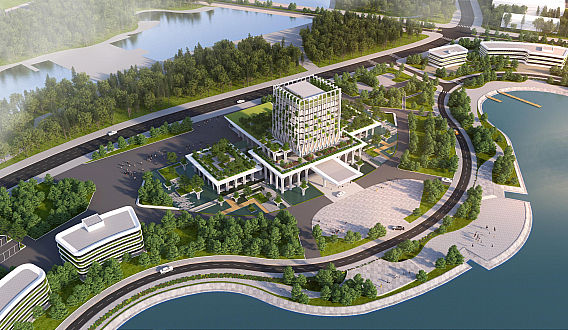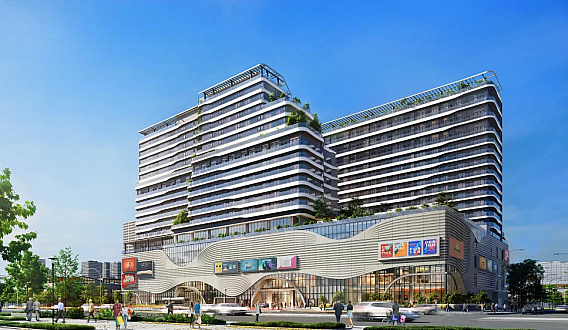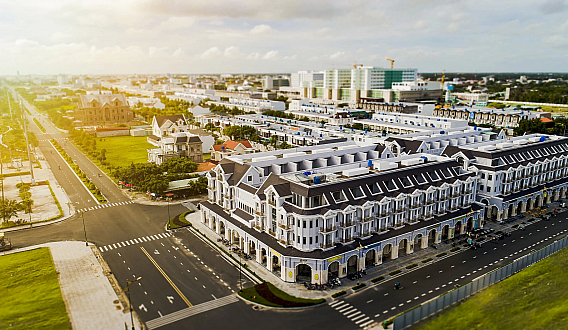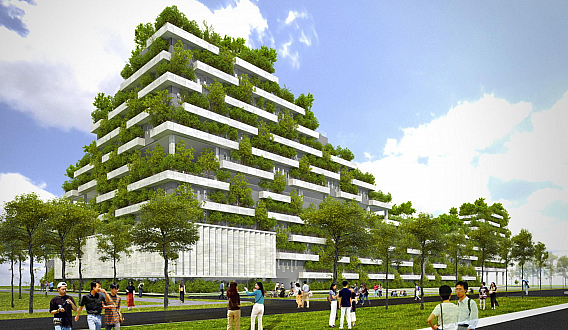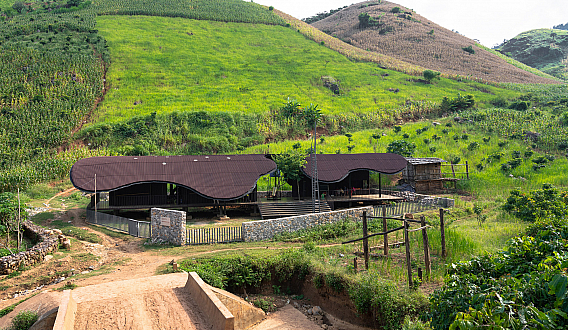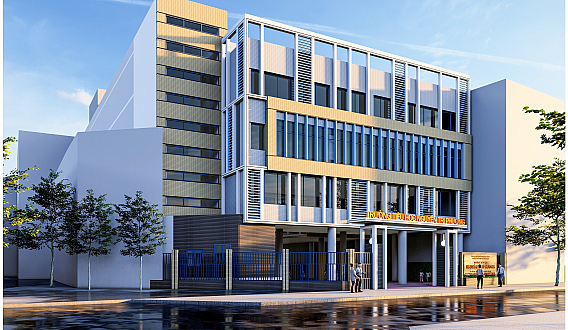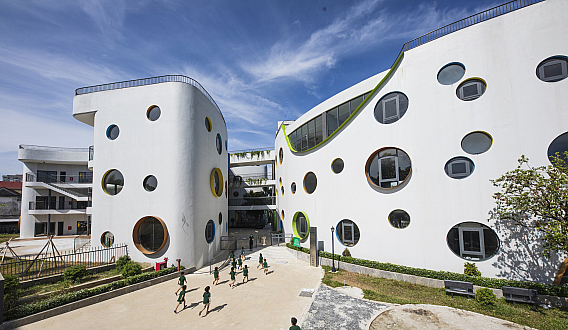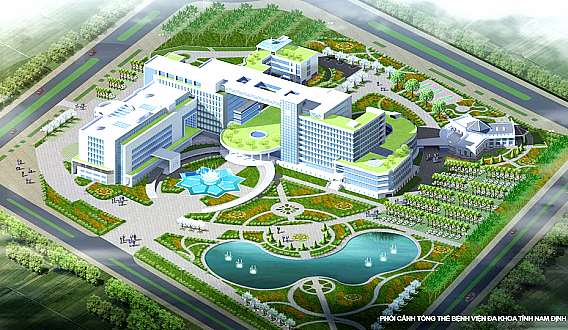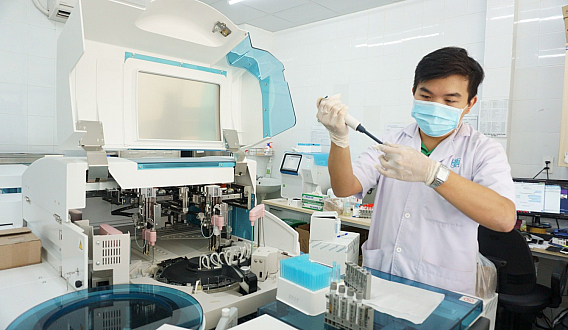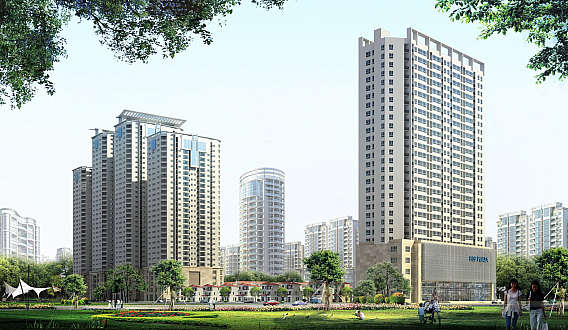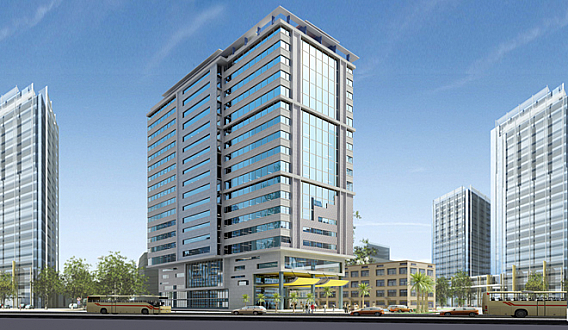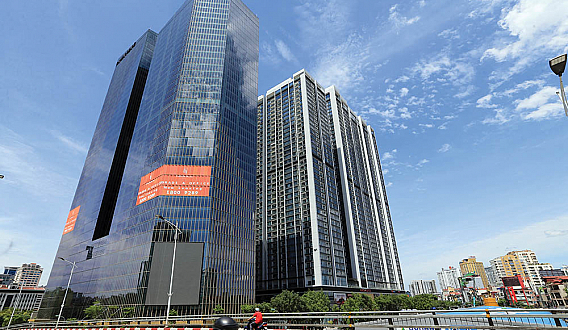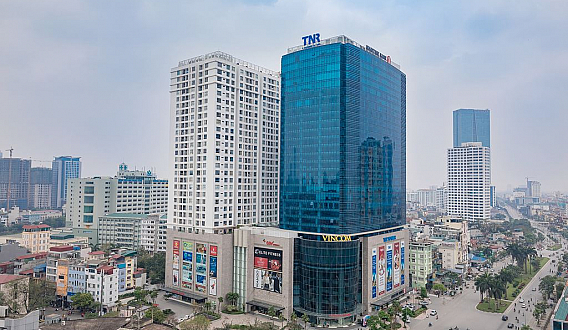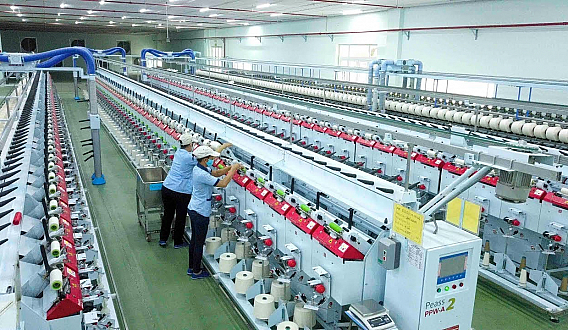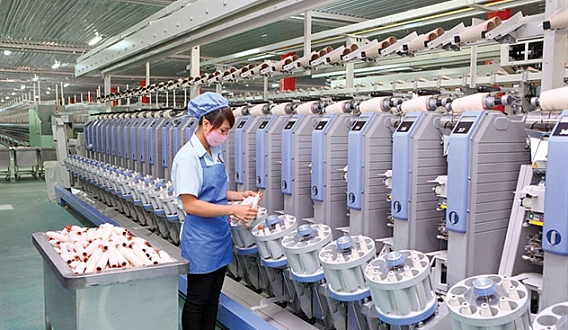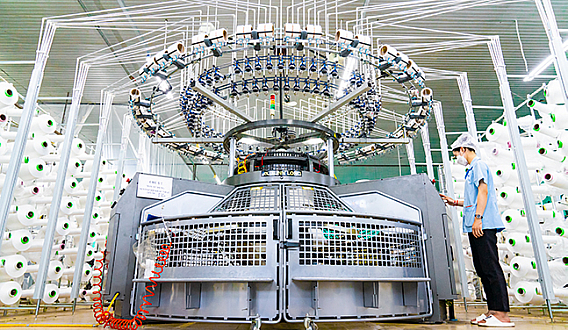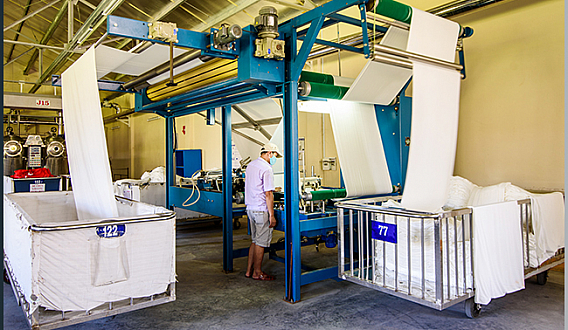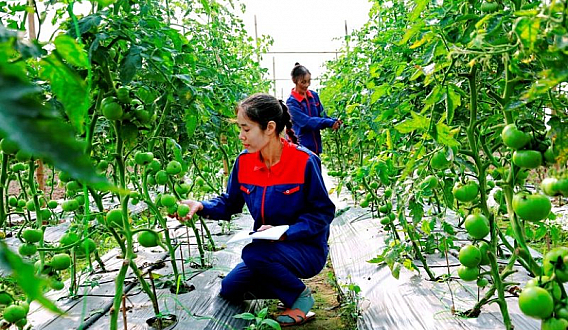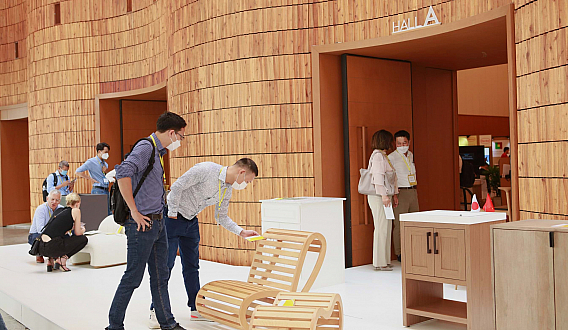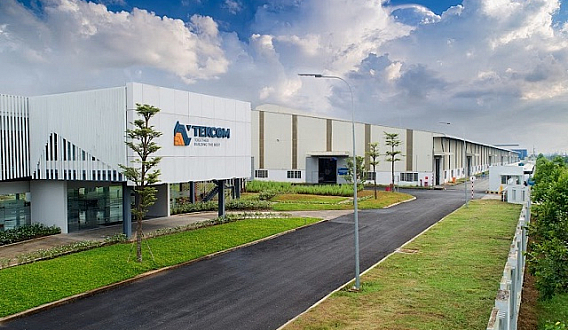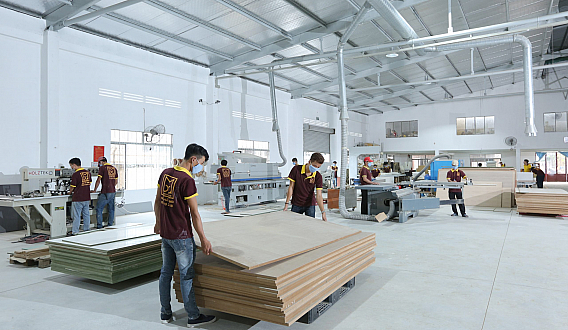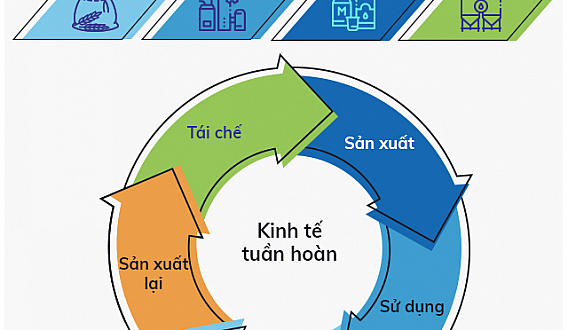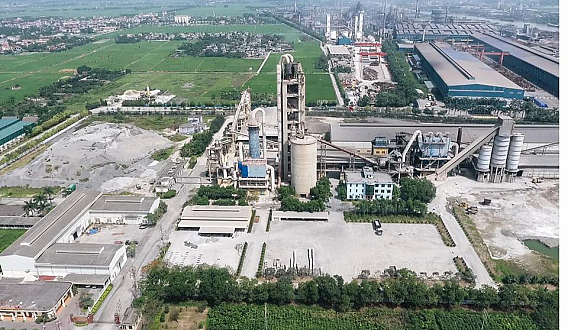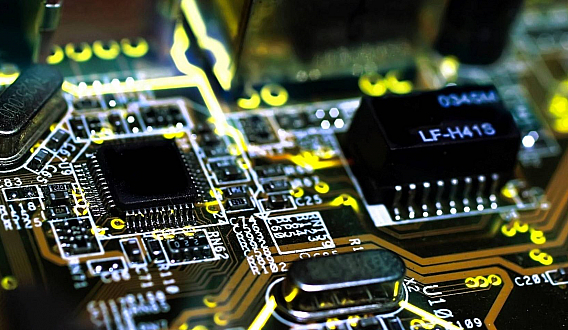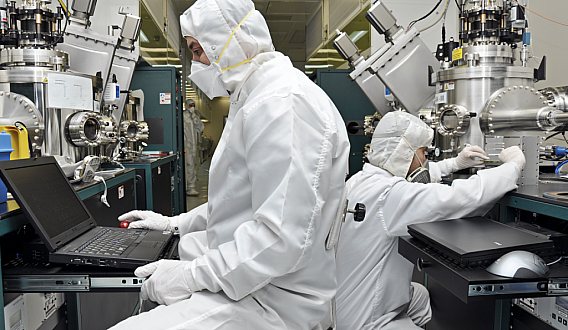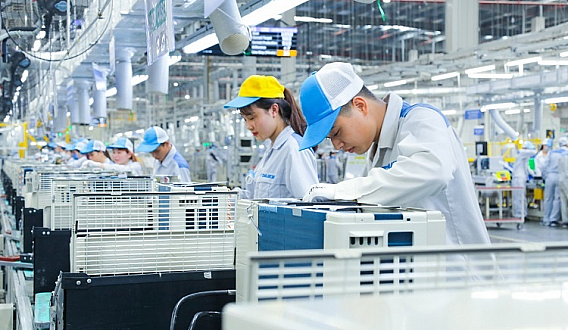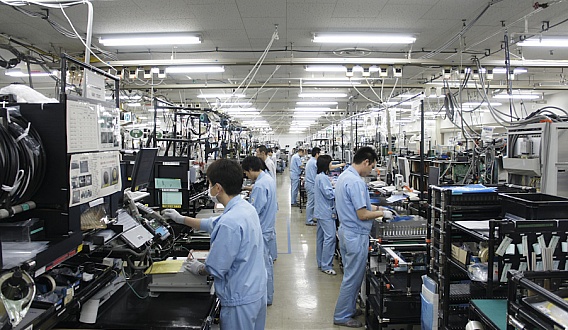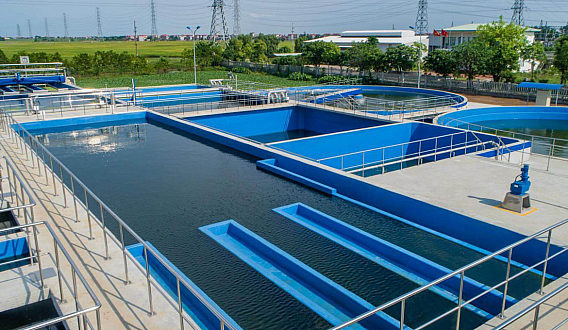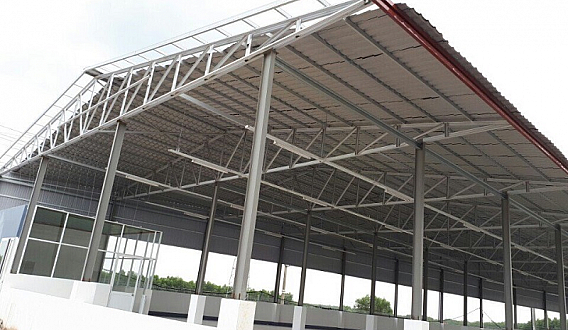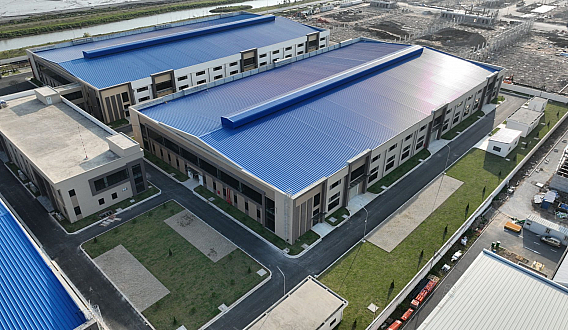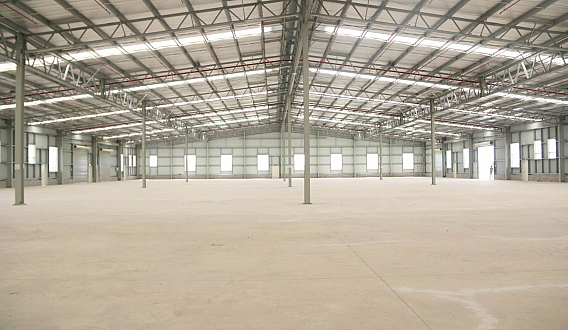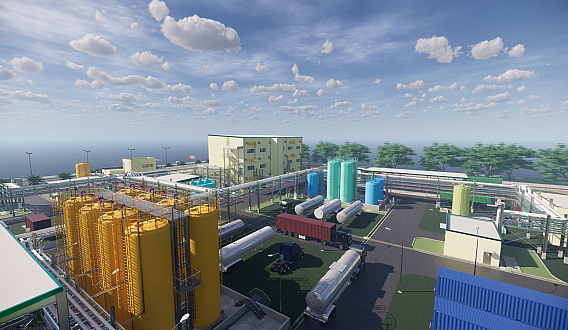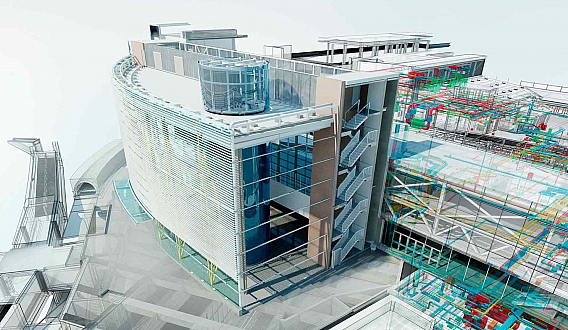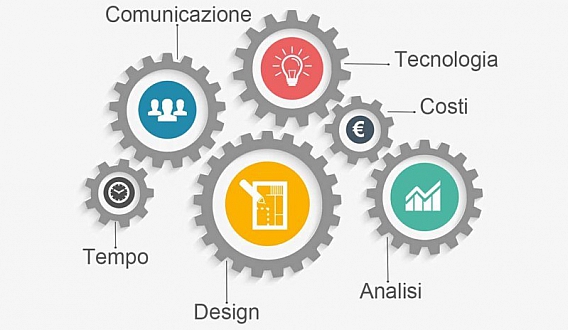Commemorating 110 Years of Establishment of Bach Mai Hospital: Reviewing Milestones of the Largest Specialized Hospital in the North
Commemorating 110 Years of Establishment of Bach Mai Hospital: Reviewing Milestones of the Largest Specialized Hospital in the North
Bach Mai is one of the four specialized hospitals in the North. After 110 years of development, the hospital has become increasingly modern, enhancing the quality of medical treatment. During the fight against Covid-19, the hospital implemented strategies to secure its safety during the pandemic, supporting other hospitals in treating severe Covid-19 cases.
The predecessor of Bach Mai Hospital was Cống Vọng Dispensary, established in 1911, with the mission of receiving and treating patients with infectious diseases. By 1935, the hospital, renamed René Robin Hospital, expanded to become the main practice facility of the University of Indochina's Faculty of Medicine. In 1945, the hospital was renamed Bach Mai Hospital.
History will never forget the 1972 Hanoi-Dien Bien Phu air raids. Four times, U.S. B52 bombers bombed and destroyed the hospital, with 28 healthcare workers sacrificing their lives while saving patients.
Today, Bach Mai has become the leading general hospital nationwide, responsible for the final stage of medical care in the healthcare system. In 2006, the Ministry of Health recognized it as a "Specialized Hospital," the first hospital in the country to receive this prestigious title.
Notably, the A9 Emergency Center at Bach Mai Hospital is built as a multifunctional Emergency Center. It is the central hub for all emergency cases, pooling resources to ensure the best expertise for patients. Many advanced techniques, such as the technique of lowering body temperature combined with intracranial pressure control and measuring brain tissue oxygen pressure for comatose patients after cardiac arrest, have been successfully implemented. Subsequently, the Stroke Center has successfully deployed most emergency techniques for stroke patients worldwide, such as the technique of dissolving blood clots in the ventricles for patients with intraventricular hemorrhage, and the combined fiber dissolution and mechanical clot removal technique for patients with cerebral infarction due to large cerebral artery occlusion.
In the field of surgery, the Department of Gastrointestinal, Hepatobiliary, and Pancreatic Surgery has successfully performed endoscopic liver resection, a complex technique that can only be carried out in a few large centers requiring high-level equipment and skilled surgeons.
According to Associate Professor Dr. Dao Xuan Co, the hospital's top priority is to focus on solutions to improve the quality of examination and treatment, meeting the needs of patients. The hospital's medical examination and treatment activities are organized and perfected, with two main focuses: outpatient and inpatient care.
Especially during the fourth wave of the Covid-19 pandemic in Ho Chi Minh City, Bach Mai Hospital was assigned to manage and operate the Intensive Care Center for Covid-19 patients, with a scale of 500 beds, located at Field Hospital No. 16 in District 7, Ho Chi Minh City. Bach Mai Hospital mobilized over 800 staff and nearly 1,000 students from the Bach Mai Medical College, along with various medical equipment and supplies, to support Ho Chi Minh City.
"In the fight against Covid-19, the Emergency and Intensive Care System of Bach Mai Hospital has been established, guiding lower-level hospitals to play a crucial role in emergency care, treating severe cases, and saving lives of critically ill Covid-19 patients. Particularly, after Covid-19, these facilities have been upgraded in terms of emergency intensive care specialization, allowing them to handle many challenging cases beyond Covid-19," said Assoc. Prof. Dr. Nguyen Van Chi, Director of Center A9, Bach Mai Hospital.
Assoc. Prof. Dr. Dao Xuan Co, Deputy Director in charge of hospital management, affirmed that in its role as the first comprehensive specialized hospital in Vietnam, Bach Mai Hospital is gradually building a modern hospital on par with reputable hospitals in the region and the world.
